PERU PSYCHOANALYTIC SOCIETY
Visit us at: https://spp.com.pe/
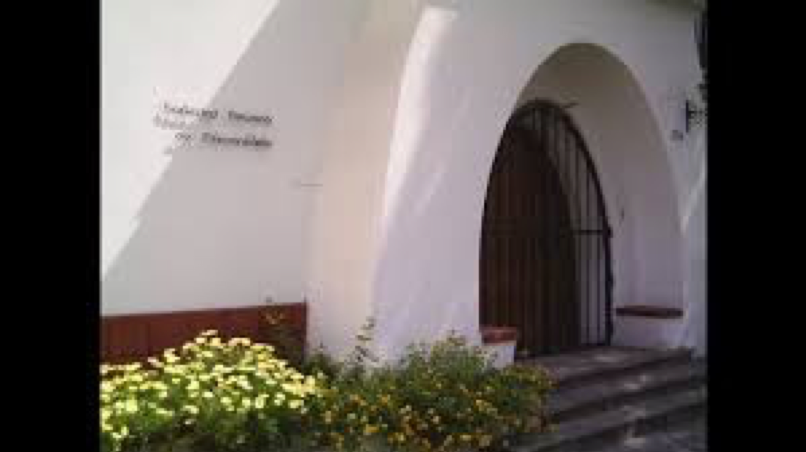 The Sociedad Peruana de Psicoanálisis (SPP) turns 40 this year. Its history goes back to the early seventies, when Drs. Saúl Peña, Carlos Crisanto and Max Hernández, three Peruvian psychiatrists who returned to Peru after having completed their psychoanalytic training at the British Society, created the Centro para el Desarrollo del Psicoanálisis where some local psychiatrists and psychologists began studying psychoanalytic theory and practice. With the arrival of Moisés Lemlij and Gustavo Delgado-Aparicio, also from London, and Alberto Péndola, from Buenos Aires, conditions were ready for the official recognition by the IPA as Study Group at the Helsinki congress in 1977. The SPP was founded in1980. In 1985, at the Hamburg congress, we were recognized as Provisional Society. Finally at the 1987 Montreal congress, we acquired the category of Component Society.
The Sociedad Peruana de Psicoanálisis (SPP) turns 40 this year. Its history goes back to the early seventies, when Drs. Saúl Peña, Carlos Crisanto and Max Hernández, three Peruvian psychiatrists who returned to Peru after having completed their psychoanalytic training at the British Society, created the Centro para el Desarrollo del Psicoanálisis where some local psychiatrists and psychologists began studying psychoanalytic theory and practice. With the arrival of Moisés Lemlij and Gustavo Delgado-Aparicio, also from London, and Alberto Péndola, from Buenos Aires, conditions were ready for the official recognition by the IPA as Study Group at the Helsinki congress in 1977. The SPP was founded in1980. In 1985, at the Hamburg congress, we were recognized as Provisional Society. Finally at the 1987 Montreal congress, we acquired the category of Component Society.
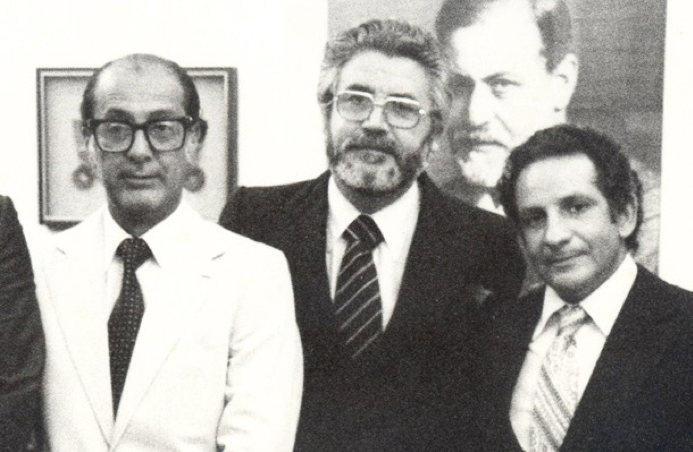
Our founders
From left to right: Dr. Carlos Crisanto, Dr. Saúl Peña, Dr. Max Hernández
Since then, our Society has grown and flourished. Presently, we are 83 members and 95 candidates, 19 of which have just been admitted. Psycho-analysis is alive and well in Peru and we expect that it will continue to thrive in the future. We consider evidence of the vitality of psychoanalysis in Peru the fact that the numbers of postulants seeking training at our Insti-tute keeps growing. They come from different disciplines: medicine, psy-chology, the humanities, social science, and art. The average age of our members and candidates is relatively young so, as a Society, we expect a long, healthy life.
Our Society has been directed by twenty boards, including the present one, composed by: Maria Pia Costa (president), Pilar Gavilano (vice-president), Oscar Rey de Castro (scientific secretary), Fryné Santisteban (secretary of institutional relations), María delCarmen Bello (treasurer), and Jorge Kantor (director of the Institute).
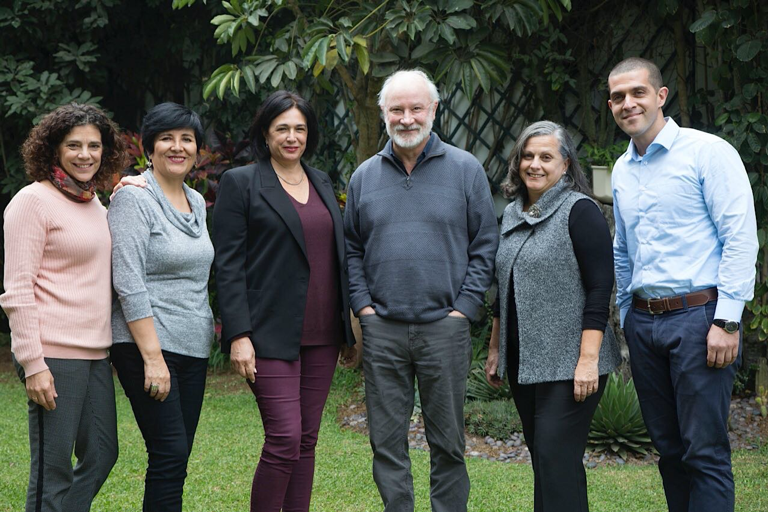 Our board
Our board
From left to right: María del Carmen Bello, Fryné Santisteban, Maria Pia Costa, Jorge Kantor, Pilar Gavilano, Oscar Rey de Castro
Many of our members have either held office or important positions at IPA and/or FEPAL: Max Hernández, Álvaro Rey de Castro and Moisés Lemlij have served as IPA vice-presidents; Álvaro Rey de Castro, María Paz de la Puente, Jorge Bruce and Jorge Kantor as representatives or members of the Board. Matilde Caplansky helped creating COWAP and is longtime active partici-pant. Jorge Kantor, María Luisa Silva and Graciela Cardó have served as COWAP liasons; Graciela is currently a member. Johanna Mendoza is mem-ber of the IPA and Humanitarian Aid Organizations Committee, and Elizabeth Haworth of the Migration and Refugees sub-committee.
Saúl Peña, Álvaro Rey de Castro and Roberto Scerpella have been FEPAL presidents; Hilke Engelbrecht and Adela Escardó, secretary generals.
Our Society was founded in the spirit of the British Middle Group. There is always a strong emphasis on Object Relations, particularly regarding the training of child analysts. Winnicott is very popular among us. Over the years, we have received many other influences and some interesting groups have been formed to deepen the study of some authors: We have an enthusiastic Bionian group that is active since 2003, another that is dedicated to the study of André Green’s work, and in the last couple of years, an in-terest in Neuro-Psychoanalysis has developed around the work of Mark Solms. Interest in the work of Laplanche and other French authors is grow-ing lately.
We are very thankful to Dr. Moises Lemlij for his patronage. Among other activities he helps organize and finance is the Cátedra de Psicoanálisis Británico that invites members of the British Society to give lectures and clinical con-sultation at our Society, thus preserving and promoting the relations be-tween both our Societies.
Something that has brought vitality to the SPP is the relationship with the the Pontificia Universidad Católica del Perú. Many of our members either have studied, are pursuing Master’s or Doctoral degrees or are faculty there. There used to be a M.A. in Theoretical Psychoanalytical and now there is a M.A. in Psychoanalytical Clinical Intervention and a PHD in Psy-choanalysis. Many colleagues teach at other universities and institutes that train psychoanalytically oriented psychotherapists.
Our publications include our editorial seal Biblioteca Peruana de Psicoanálisis, directed by Pilar Ortiz de Zevallos, and our Journal Psicoanálisis, directed by Johanna Mendoza. The editorial seal was created with the aim of promoting original production of our members regarding theory, practice, society and culture. It also publishes contributions by IPA and FEPAL members.
The journal is published since 1999. It is a space where contributions of psy-choanalysts of different perspectives, scholars and professionals of other disciplines are shared with the psychoanalytic community and the public interested on the subject. The 24th issue is coming out this month.
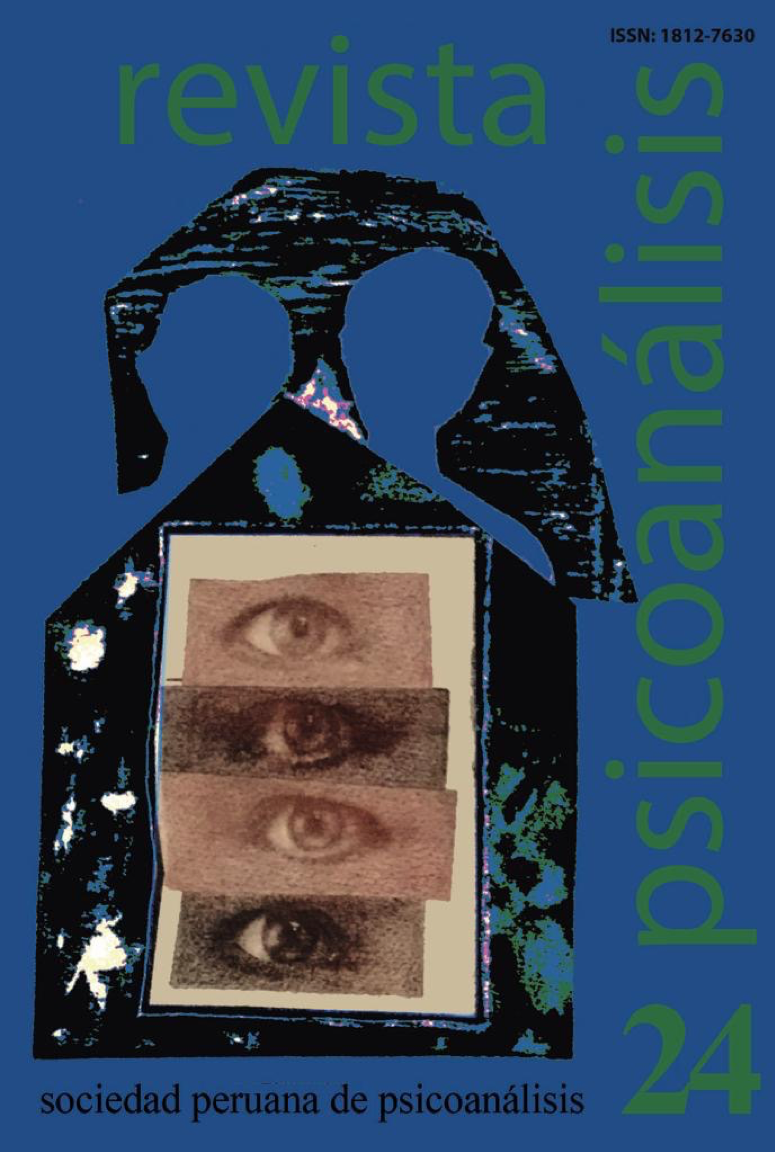
The SPP actively seeks to extend the benefits of psychoanalysis to persons that demand it but cannot afford private fees. So, more than twenty years ago, the Servicio de Atención Psicoanalítica (SAP) was created, by Hilke Engel-brecht. Its current director is Elena Piazzon.
The SPP has an institutional interest in reaching outside its geographical limits of Lima. A group of our members, led by Álvaro Rey de Castro, travel monthly to Arequipa, where they give seminars and clinical supervision to a group of psychotherapists. We expect sometime in the future one IPA spon-sored study group will exist there.
Also, we take psychoanalysis out of the consulting rooms. Many colleagues are active in the academic, cultural and political life of our country.
Since the late eighties, SIDEA (Seminario Interdisciplinario de Estudios Andinos) was founded by Drs. Moisés Lemlij, Max Hernández, and the late Alberto Péndola, together with some outstanding historians, antrhopologists and other social scientists, with the aim of studying different cultural and social issues from interdisciplinary perspectives. Their bibliographical production is prolific, plus they have organized some very important international events, such as “El Umbral del Milenio” and “Al Final de la Batalla”.
For thirteen years now, our Society organizes the Muestra de Cine y Psicoanálisis, a yearly event where we screen a selection of films at different theaters in and out of Lima to be discussed by our colleagues, film critics and, when possible, participant di-rectors and actors. The Muestra was created and directed by Pilar Gavilano in associ-ation with the Film Library of the Pontificia Universidad Católica. Ilse Rehder is in charge now and she is preparing the 13th version: Sexuality and Gender in Film.
Some of our members are opinion leaders, frequently required by the media, such as Max Hernández, Saúl Peña, Moisés Lemlij and Jorge Bruce who is a regular columnist at a local newspaper for many years now.
During the terrible years of internal war, when terrorist organizations threatened our society and the government responded with vast repression especially in the Andean regions, some of our members and candidates, together with colleagues of other in-stitutions, created CAPS (Centro de Asesoría Psicosocial) dedicated to support and promote mental health of victims of social and political violence.
When, after the war was over, a Truth Commission was created, some of our mem-bers collaborated interviewing victims and as advisors for the redaction of the final report.
Dr. Max Hernández has had a very important role as technical secretary of an institution of historical and political relevance in our country: The Acuerdo Nacional, an or-ganism created by law in 2002, on occasion of the return to democracy after the fall of Fujimori’s dictatorship, in order to promote dialogue and create consensus around dif-ferent national problems, with the aim of preserving democratic governance.
The SPP has a longtime vocation for promoting mental health of communities in diffi-cult conditions of poverty and violence.
Some forty years ago, Matilde Caplansky created CEDAPP (Centro de Desarrollo y Ase-soría Psicosocial), an institution aimed at the prevention and treatment of emotional problems of children, adolescents, and families of underprivileged backgrounds.
In 1989, Bibiana Maza almost singlehandedly founded La Casa de la Familia: a wel-coming space where children and their parents or adult caregivers can go to play and be listened by a group of analysts or therapists in order to facilitate good encounters. The work of this institution has extended to the Lima Maternity and the childcare insti-tute Puericultorio Pérez Araníbar.
Many other members have created and participate in projects oriented to the preven-tion of violence and promotion of human rights in our communities.
Something we are very proud of is our project Psicólogos Contigo, for which the SPP received the President´s award at the London congress this year. This is an association led by us that includes seven other institutions dedi-cated to psychotherapeutic practice, plus the Catholic University of Peru. It started in response to an emergency: the floods caused by “El Niño Cos-tero” climatic phenomenon in 2017, when entire populations lost their homes. The aim was to give emotional support to the victims, children in particular. We have created work materials (notebooks) where children and their teachers can elaborate on their traumatic experiences. We have reached 1750 children this way. Our organization is opening new areas of work: Starting this February we will start working at the childcare institute Puericultorio Pérez Araníbar with children 0 to 7 years old, and their care-takers. For this project we received the president’s award IPA in the Com-munity at the London congress 2019. Here is a picture of our president, Maria Pia Costa, receiving the award from Virgina Ungar.
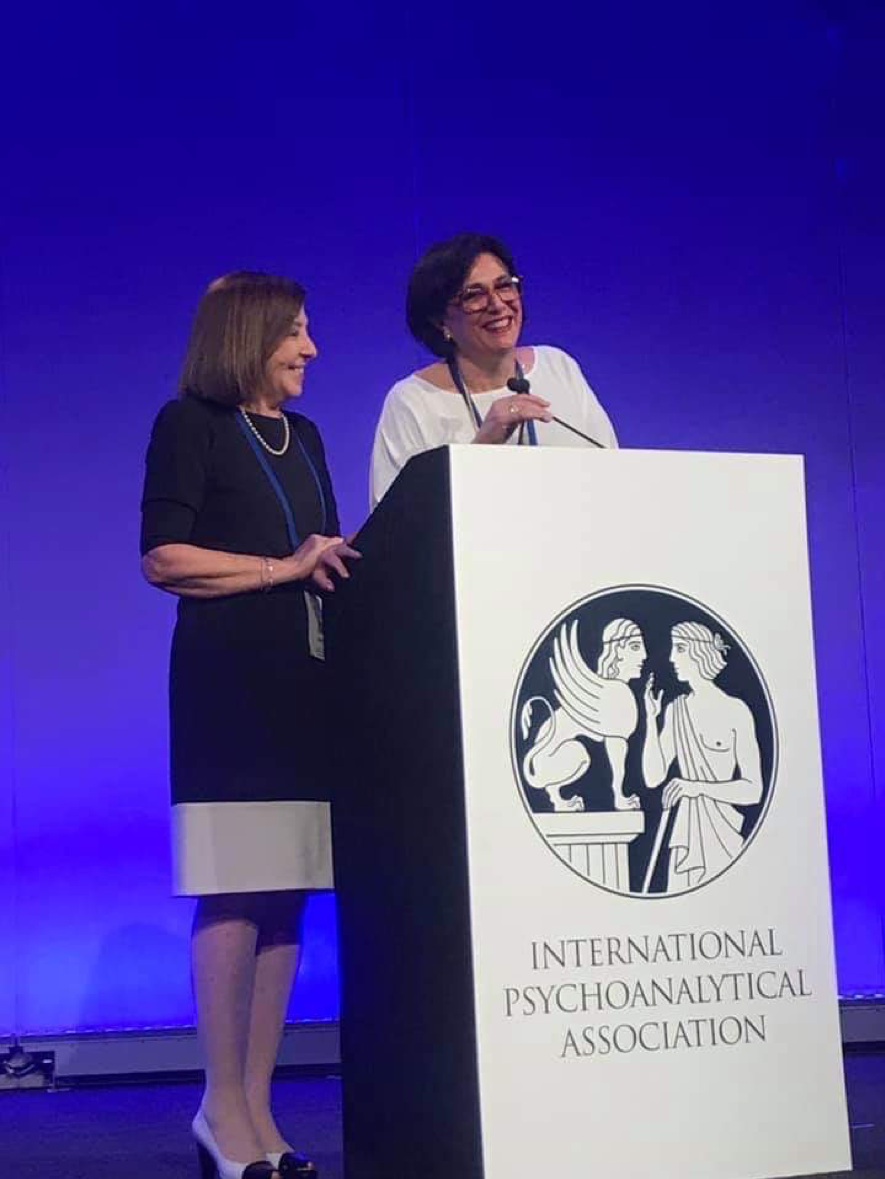 The next congress of the Peru Psychoanalytic Society will take place the last weekend of May this year. Its title is Sexuality, Gender and Psychoanalysis: Transformations in society. We will welcome three outstanding guests: Femi-nist, psychoanalyst and scholar Juliet Mitchell, the chair of the IPA Commit-tee on Sexual and Diversity Studies Marco Posadas, and the founder and former director of the Gender Identity Development Service at the Tavistock Centre, Domenico De Ciegle. Because clearly these issues need to be discussed from different perspectives, we have also invited several aca-demics and activists from different fields and disciplines, and our members and candidates are very busy preparing their papers. We are looking for-ward to a very fruitful inter-dialogue. Should you be interested, you are most welcome!
The next congress of the Peru Psychoanalytic Society will take place the last weekend of May this year. Its title is Sexuality, Gender and Psychoanalysis: Transformations in society. We will welcome three outstanding guests: Femi-nist, psychoanalyst and scholar Juliet Mitchell, the chair of the IPA Commit-tee on Sexual and Diversity Studies Marco Posadas, and the founder and former director of the Gender Identity Development Service at the Tavistock Centre, Domenico De Ciegle. Because clearly these issues need to be discussed from different perspectives, we have also invited several aca-demics and activists from different fields and disciplines, and our members and candidates are very busy preparing their papers. We are looking for-ward to a very fruitful inter-dialogue. Should you be interested, you are most welcome!
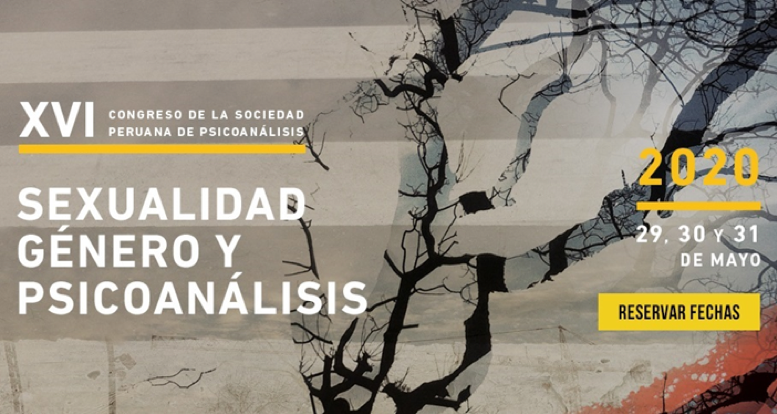
Pilar Gavilano
Vice-president Perú Psychoanalytic Society